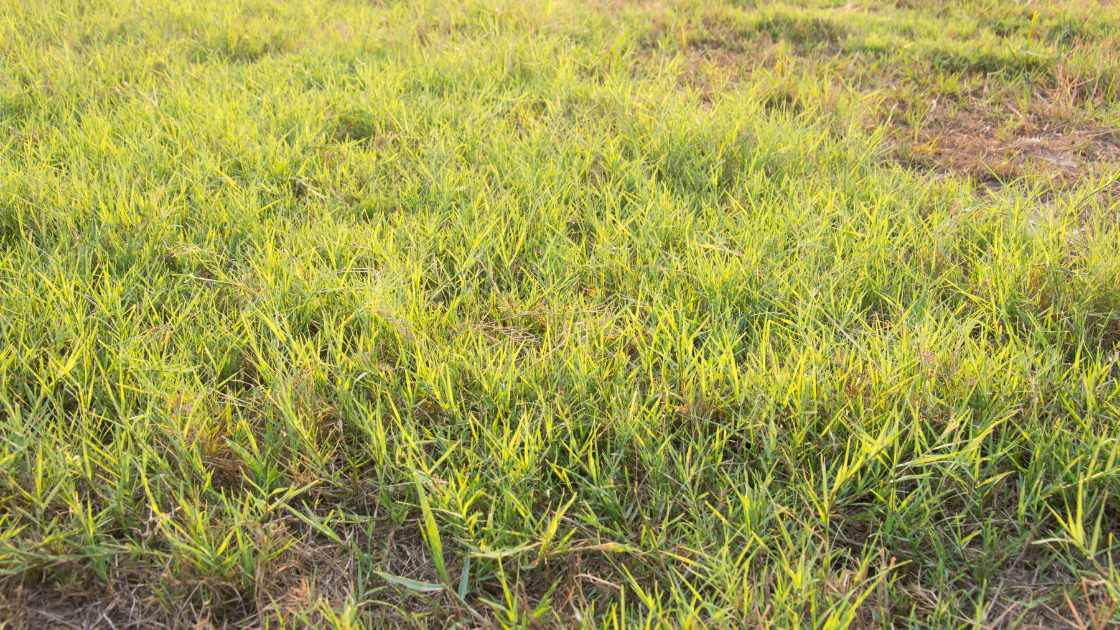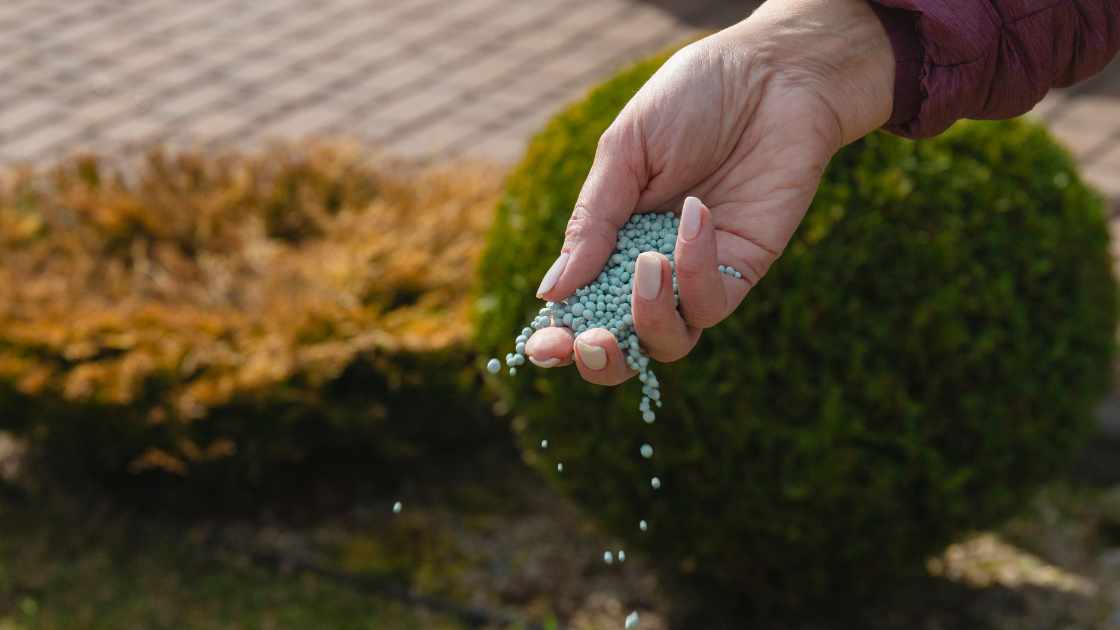A lush, vibrant Bermuda grass lawn can be the pride of any homeowner. Known for its resilience and adaptability, Bermuda grass thrives in warm climates and is a popular choice for lawns. However, to maintain its lush green appearance, proper care and maintenance are crucial. In this comprehensive guide, we will explore the essential steps to ensure your Bermuda grass lawn remains healthy and beautiful throughout the year.
A Comprehensive Guide on How to Care for Bermuda Grass Lawn
Mowing
One of the key factors in Bermuda grass care is regular mowing. Keep your lawn at an optimal height of 1 to 1.5 inches. Mow when the grass reaches about 2 to 3 inches in height. Avoid cutting more than one-third of the grass height at a time to prevent stress on the lawn. Use a sharp mower blade to ensure clean cuts and reduce the risk of diseases.
Watering
Bermuda grass is relatively drought-tolerant, but adequate watering is still essential, especially during dry periods. Water deeply and infrequently, allowing the soil to dry out between watering sessions. Early morning is the best time to water, as it allows the grass to dry before evening, reducing the risk of diseases.
Fertilization
Provide your Bermuda grass with the nutrients it needs by following a proper fertilization schedule. Use a balanced fertilizer with a ratio of nitrogen, phosphorus, and potassium suitable for Bermuda grass (e.g., 4-1-2). Apply fertilizer in late spring and early summer when the grass is actively growing. Avoid excessive fertilization, as it can lead to thatch buildup and other issues.
Aeration
Over time, the soil beneath your Bermuda grass can become compacted, hindering water and nutrient absorption. Aerating the lawn helps alleviate soil compaction, allowing the grassroots to breathe. Perform aeration in the spring or early summer, ideally every 1-2 years, depending on the soil condition.
Weed Control
Keep an eye out for weeds that can invade your Bermuda grass lawn. Regularly inspect and manually remove weeds, and consider using pre-emergent herbicides in the early spring to prevent weed germination. Be cautious with herbicides, ensuring they are safe for Bermuda grass.
Disease and Pest Management
Monitor your Bermuda grass for signs of diseases and pests. Fungicides and insecticides may be necessary if problems arise, but always identify the specific issue before applying any treatment. Proper watering, mowing, and fertilization practices contribute to the overall health of the lawn and can help prevent disease and pest infestations.
Winter Preparation
Bermuda grass goes dormant in the winter, but proper preparation is still crucial. Gradually reduce watering and stop fertilizing in the fall. Overseed with winter grass if desired. Rake up leaves and debris to prevent thatch buildup and allow for better air circulation.
FAQs
How often should I mow my Bermuda grass lawn?
Mow your Bermuda grass lawn regularly, aiming for a height between 1 to 1.5 inches. Cut the grass when it reaches 2 to 3 inches in height, ensuring not to remove more than one-third of the grass at a time to prevent stress on the lawn.
What is the best watering schedule for Bermuda grass?
Water Bermuda grass deeply and infrequently. During dry periods, water early in the morning, allowing the soil to dry between watering sessions. This practice promotes deep root growth and helps the grass withstand drought conditions.
When and how should I fertilize my Bermuda grass lawn?
Fertilize your Bermuda grass in late spring and early summer when it’s actively growing. Use a balanced fertilizer with a ratio like 4-1-2 (nitrogen-phosphorus-potassium). Avoid over-fertilizing, as it can lead to thatch buildup. Follow recommended application rates for optimal results.
Final Thought
Caring for a Bermuda grass lawn requires a combination of proper mowing, watering, fertilization, and vigilant maintenance. By following these essential steps, you can enjoy a lush, green lawn that enhances the beauty of your outdoor space. Regular attention to your Bermuda grass will not only improve its appearance but also contribute to its overall health and longevity.




